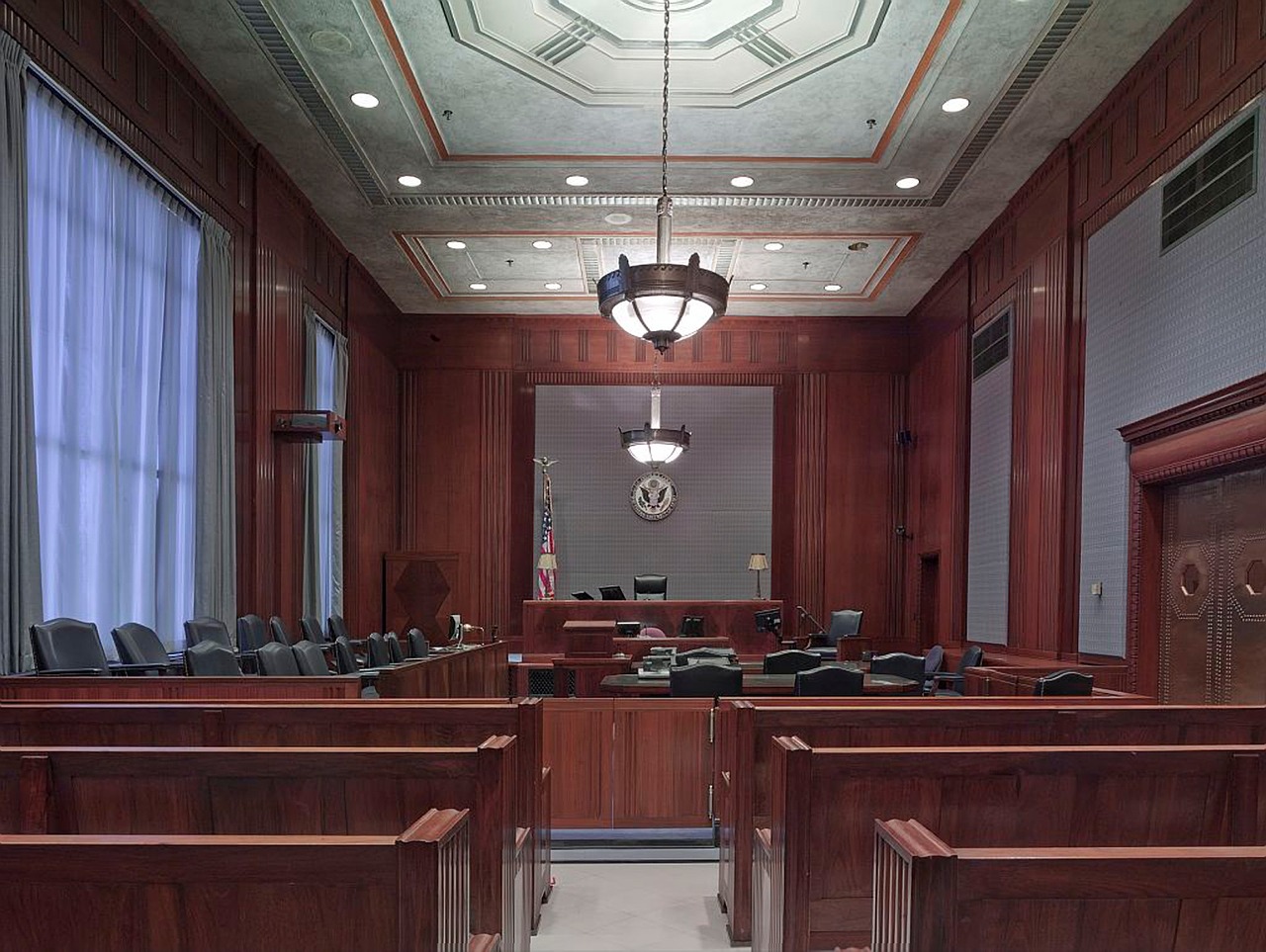Published on June 6, 2012
Just in time for our vow to “stay at home and do nothing all summer”, the rainy season has begun. It was sunny this morning but a storm developed just offshore at lunchtime and quickly moved inland. We enjoyed hearing the huge drops pounding on the roof. The “weather in motion” option on weather.com gave us the opportunity to show the boys, who are homeschooled, how quickly storms can erupt when the sea breeze picks up in the afternoon here. In a 15-minute span, the radar went from blue sky to a huge cell popping up on the screen. Very cool.
Published on June 6, 2012

I received a frantic email from an author over the weekend who’d been threatened with a lawsuit. Of course, the first thing I told her was that I’m not a lawyer and that I can’t give legal advice. I then calmly told her to send me a file containing all the correspondence between her and the angry contributor because I’m always happy to give my non-lawyer opinion about a situation. Here’s what happened…
Published on June 6, 2012
Hello Angela,
I’m also a writer on Examiner.com and, although I really don’t take them seriously at all, I continue to write for them. I use them to promote books I publish for other writers and also to vent my thoughts on politics and religion.
They are rather loose in their acceptance level — all you have to do is write. The more often you write, the better they like you. They use a grading system that is rather frustrating. I’m a professional editor / co-publisher and Examiner.com doesn’t seem to have a clue about good writing. There is no indication of why you get graded the way you get graded — no feedback for your grade — and no transparency on their part about who is doing the grading. We could be graded by monkeys for all we know.
I enjoyed your article revealing how the writers feel on Examiner.com. Thank you for revealing some truth for writers so they can make a more informed choice when signing up with Examiner.com. They seem to be very bias. I’ve also noticed that when I use my Twitter account to advertise my Examiner.com articles, people tell me they’ve read my article, but the number of readers I’m seeing does not seem to match the number of “hits” Examiner.com is reporting to me. There is really no way to check the integrity of Examiner.com’s “hit” numbers on our articles. That is a bit disconcerting for me. When you have a place that is barely willing to pay writers for their time and effort, asks them to leave and keeps their work — making additional income off “fired” writers, I can’t help but wonder about the accuracy of their “hits” per article integrity.
Thank you for the article. It helped me to evaluate for myself if perhaps I’m wasting my time on Examiner.com.
-Name not published on request.
Published on June 6, 2012
Mentoring another writer may sound like giving away your industry knowledge for nothing or boosting a competitor. But really, mentoring is good for your protege’s writing career and yours. Mentoring can benefit you beyond feeling good about helping another person who is new to the business.
Published on June 6, 2012
My POD publisher recently released an ebook version of my book without telling me. I only want a print version of my book available. What can I do?
Published on June 6, 2012
Good things come to those who wait? Not in my world. Good things come to she who contacts an editor every couple of months with a pitch, a new slant, a pleasant reminder that she’s still out there…
Published on June 6, 2012
Sakura Publishing – OUCH! Don’t miss this one! It’s pretty long. If you’re busy, skip down to the red line that says: “WARNING: DEREK HAS A FILTHY MOUTH.”
Apple and the big five publishers – The Author’s Guild is asking authors to contact the justice department; says the settlement will help Amazon, hurt other stores.
Penguin Group USA and Macmillan – Deny price-fixing. States the lawsuit by the justice department is based “entirely on the little circumstantial evidence it was able to locate” and it “sides with a monopolist.” (Of course, they are referring to Amazon.)
The Central Basin Municipal Water District (California) – Files libel lawsuit against unnamed authors of an email.
Oakland-based Summit Bank – Defamation lawsuit they filed against former V.P. has been dismissed by state appeals court. In doing so, the court struck down a 1917 law that made it illegal “to circulate untrue statements or rumors about the financial condition of a bank.”


